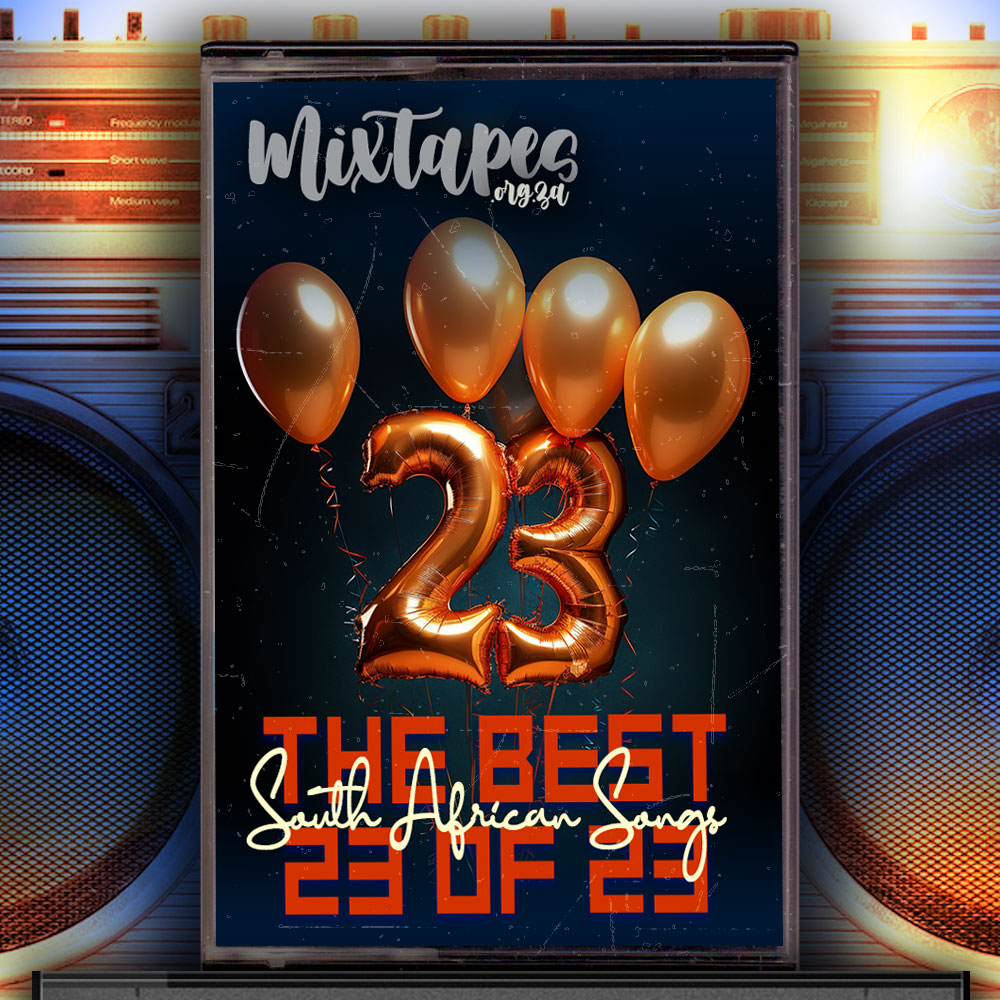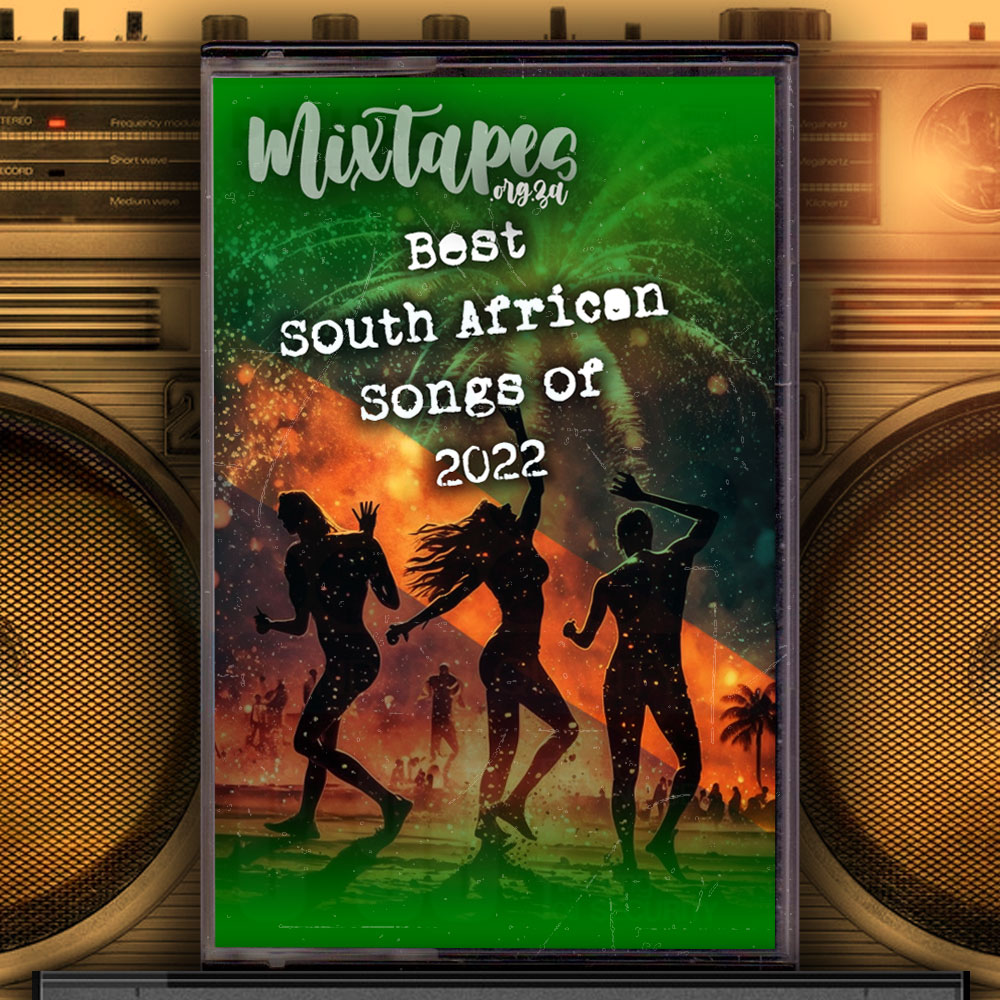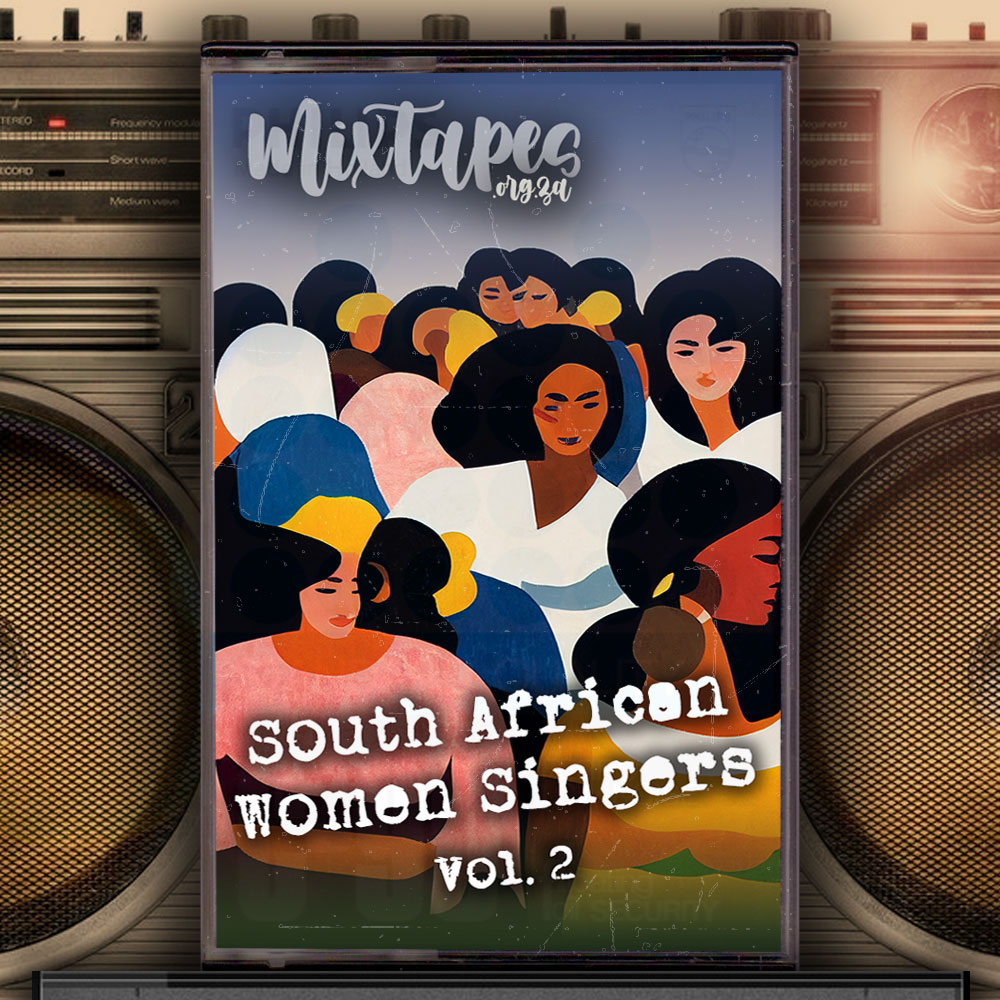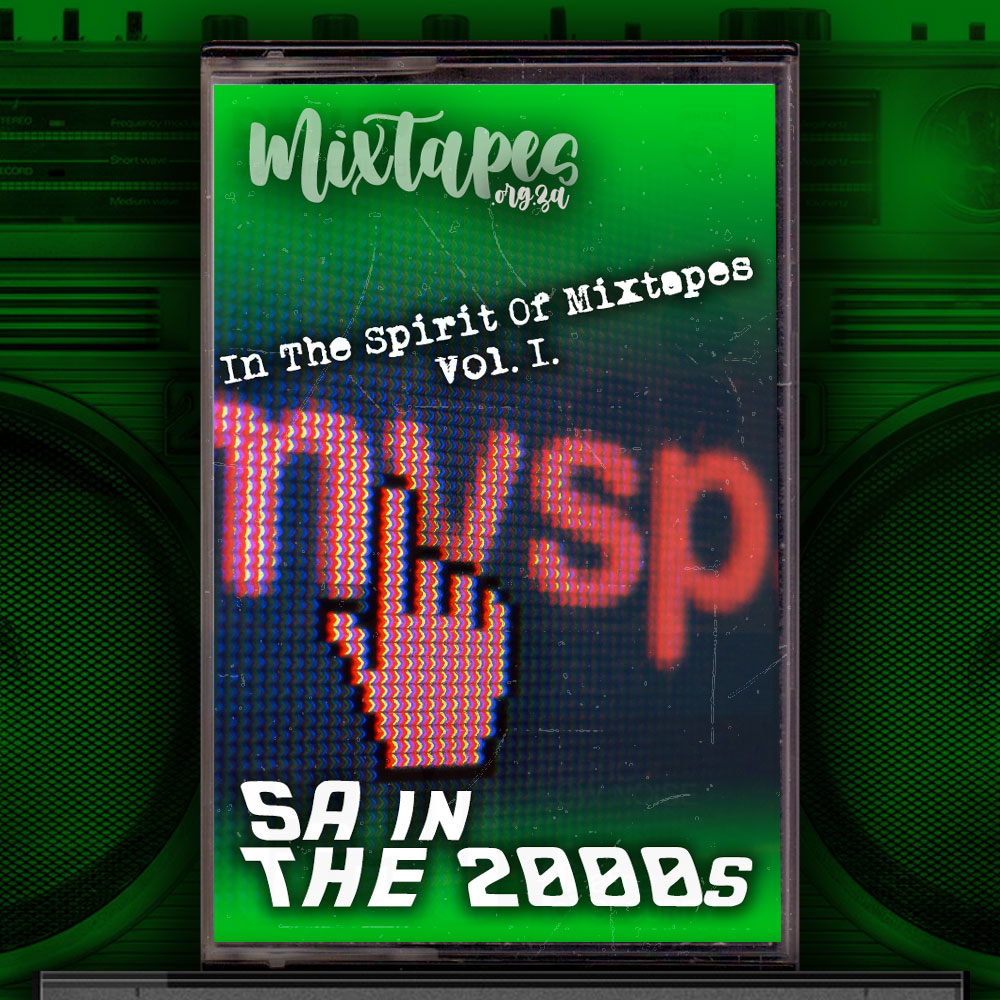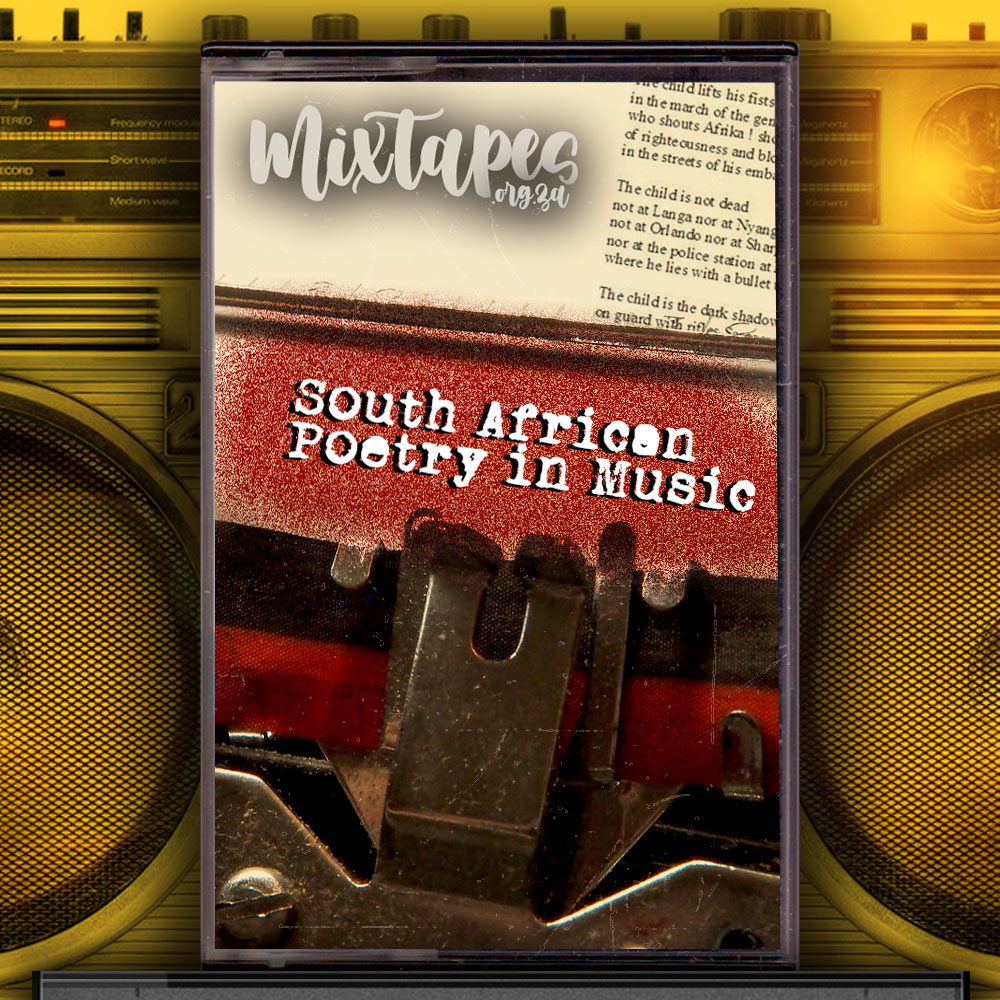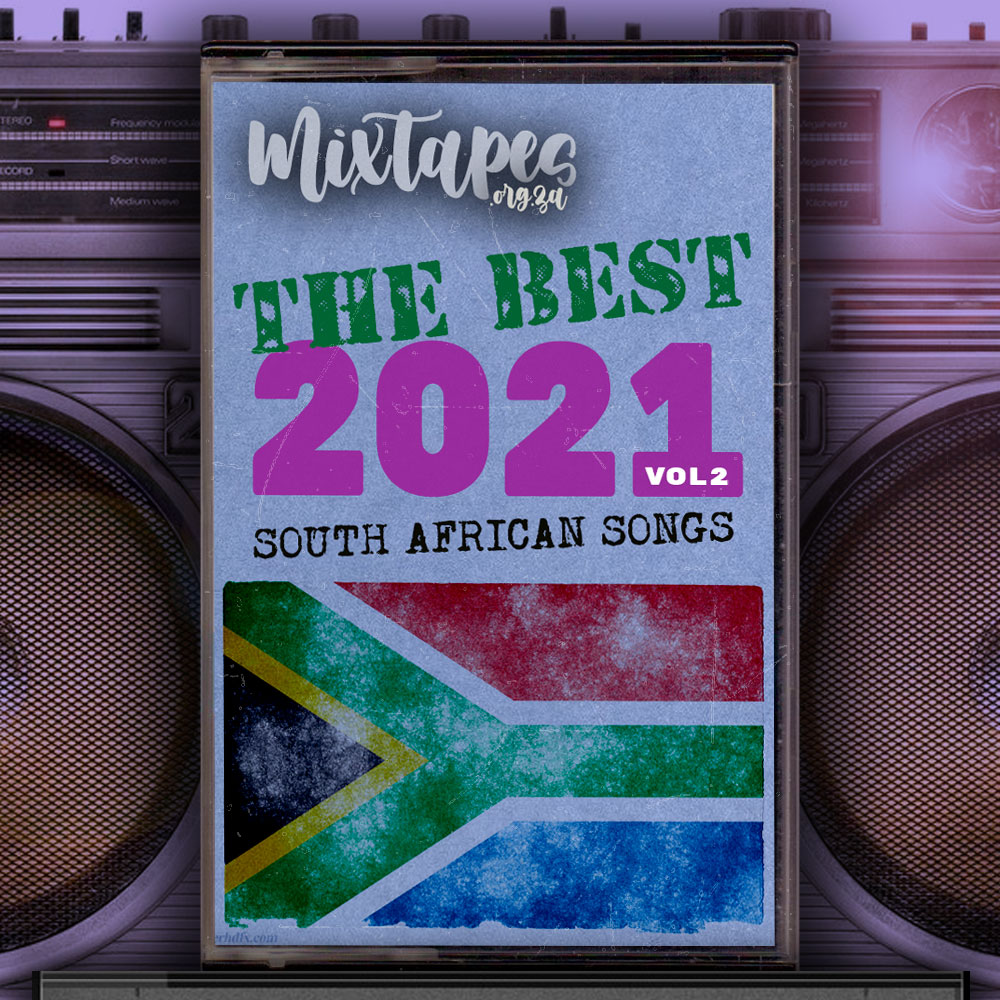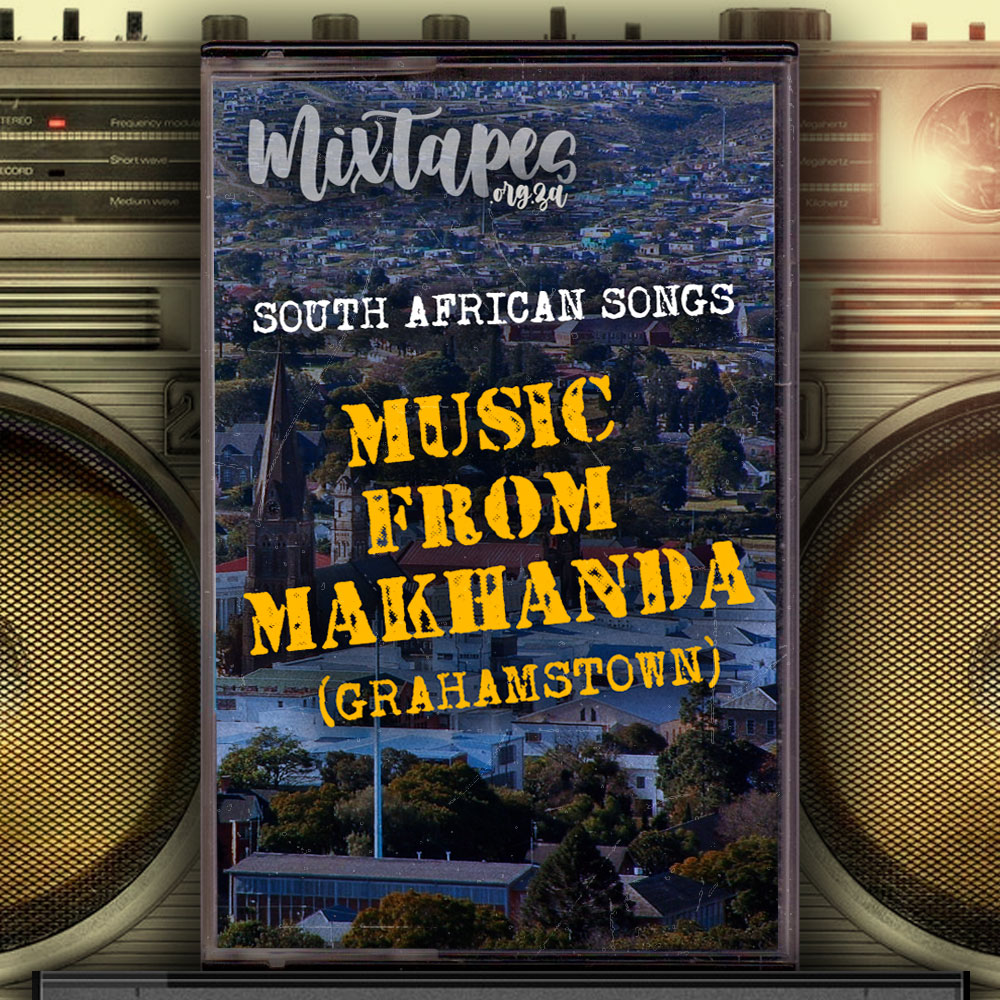
Many a poet, writer, journo, musician, dancer, artist, and even person on the street, has experienced the sort of creative inspiration in Makhanda (and also when it was Grahamstown) which only ever comes to one at the centre of the creative universe. This mixtape celebrates why we think Makhanda is the centre of the South African popular music universe. Given the size of the town it is staggering to hear how much good music has been made by people from here, or who have at the very least stopped in Grahamstown and Makhanda as part of their life’s journey.
This mixtape begins with “Deep Frieze” by Chris Letcher, who grew up in Grahamstown, and attended school and university here. As a student he was a member of Gramsci Beat before going on to much bigger things: with Urban Creep and as a duo with Matthew van der Want. When he finally released his long overdue debut solo album (Frieze, released in 2007) it was critically acclaimed, and “Deep Frieze” gives a good indication as to why the album was so well-received.
Larry Strelitz has been part of the Grahamstown and Makhanda music scene since the 1970s, when he was an active member of the Rhodes University Folk Club. He is a songwriter of note and has performed in various groups and as a solo artist. “Declaration of Independence” is from the early 1990s, and was one of a series of songs based on poems by almost equally longstanding Grahamstonian and local poet, Robert Berold.
Gil Hockman is one of several musicians on this mixtape who passed through Grahamstown and Makhanda as a student. He was a founder-member of The Buckfever Underground (see below) and in 2009 began performing as a solo artist. “A Long Way Home” is taken from his 2013 EP, All The Things.
Lucy Kruger was also a temporary Grahamstown sojourner while she studied Music and Drama at Rhodes University towards the end of the first decade of the 2000s. She initially performed as a solo artist but went on to form Medicine Boy and Lucy Kruger & the Lost Boys. While the former has since broken up she still performs as the latter. Like Gil Hockman, she has since relocated to Berlin, Germany. Here we have included “Half Of A Woman: from her 2019 album, Sleeping Tapes For Some Girls.
Back in the 1950s, when Grahamstown was affectionally known in some circles as ‘The Little Jazz Town” , there were several groups who provided the town with a jazz soundtrack, including the Gaiety Brothers, the Modern Keys, the Jumping Jitt Fives, the Satchmo Heights and the Merry Swingsters, who appear here with Victor Mkize & Joyce Foley performing “Hambela eBhayi”, recorded in 1953. The most influential of the musicians in this circle was Jury Mphelo. He became well known in Johannesburg with groups like Orlando Six and King Jury and His Band. Here he features under his own name performing “Isicatula Boots”, recorded in 1957.
Another prominent South African jazz musician, Zim Ngqawana, studied at Rhodes University in the mid to late 1980s before going on to the University of Natal and a hugely successful solo career. “Gobbliesation (In a Global Village)” is taken from his third solo album, Zimphonic Suites, released in 2001.
Andrew Tracey, most closely associated with the International Library of African Music, is almost as well known for the Andrew Tracy Steel Band, for many, many years a part of the Grahamstown soundscape. Here we include “Chakwi”, recorded in 2004.
Another longstanding local musician, Monwabisi Sabani, achieved a degree of national fame in the 1990s, culminating in appearances on SABC TV. “Ningathengisani” is taken from the “Mnandisa” album, recorded by Mountain Records in 1998.
Leather Omnibus were a mostly student Grahamstown band together with members from Rhini township. The band included Tune Me What’s Brett Lock and Leon Lazarus. Here we include “Neighbours” (1989) with yet another permanent local, Mini Dial, on vocals. The band was short-lived but did land a residency at Jameson’s in Johannesburg in December 1989, featuring Gramsci Beat’s Chris Letcher and Alan Finlay as guest musicians.
James Ribbans was a student at Rhodes University at a similar time to Leather Omnibus and always stole the show whenever he performed. He has continued to make music in London, where he has been based for many years. “Night Painting” (2014) performed with Zhenya Strigalev gives some idea as to what the fuss was all about.
Indicator was a band formed by Sean Hayward also formerly of the late ’90s Rhodes student band, Karmic Drink, with various collaborators. BMG Records Africa offered to sign Indicator on the strength of his album Are Their Spirits Here? , but Hayward opted to try his luck in London, but wasn’t successful. The title track is featured on this mixtape. Now living in the USA, Hayward is still active in the local music scene there. Karmic Drink came second in the 1998 Rhodes University campus ‘Battle of the Bands’ behind winner One Large Banana (see below).
Live Jimi Presley were originally a mid-1980s Grahamstown band called Vader Jakob. They changed their name to Manhole and then to Live Jimi Presley. “Song A” is taken from an album of earlier recordings released in 2016.
Photographer and musician Tim Hopwood has spent most of his life in his native Port Elizabeth (now Gqeberha) but spent a few years at Rhodes University in the late 1980s and into the 1990s. He is a regular at local live venues and periodically releases new music. “Revelations” is a Hopwood song, taken from the album, Songs of Love and Death which he recorded with Joe Van Der Linden in 2007.
Madele Vermaak was a friend and musical contemporary of Lucy Kruger, and has performed as a solo artist over the years. This year she released her first solo work, A Pocket Full of Stones, from which “Love Breaks Time” is taken. Vermaak now lives in Vietnam.
Nishlyn Ramanna has a long relationship with Grahamstown and Makhanda, having spent two fairly long stints in the Rhodes University Music Department, where he currently works. “N3 East” is taken from his critically acclaimed debut album, A Thought, released in 2005.
The Nia Collective are a popular current Makhanda band, whose performances over the past decade have been keenly awaited and enjoyed. “Mind the Gap” is taken from their debut album, Acoustic Soul.
The Koeksusters were a mid-1980s Andrew Sisters-styled vocal group comprising four Rhodes University students: Pauline Higgins, Alison Love, Karin Thorne and Tessa Gawith. They never recorded studio versions of their songs although there might be some live recordings lurking around somewhere. They were an End Conscription Campaign aligned band who performed political songs. The version of “Raglan Road” featured here is a live recording taken from the ECC 25th anniversary concert in 2008. It features only Karin Thorne and Tessa Gawith because the other two members were not able to attend.
The Aeroplanes were also a group of Rhodes students from the late 1970s, early 1980s, but they only formed a band after they left Rhodes University and returned to their home city, Johannesburg. Band members included Michael Rudolf (who had featured in various Grahamstown bands while he was a student), Carl Bekker, Gary Rathbone, Robert Muirhead and James Whyle. Their only album, The Aeroplanes, was released by Shifty Records in 1986. From that album we feature the song “National Madness”, a different version of which also appears on the Shifty/End Conscription Campaign compilation, Forces Favourites (1985).
James Phillips was already a fairly established muso when he arrived at Rhodes University to study music in the early 1980s (and his stay partly overlapped with the future members of the Aeroplanes). He had already released an EP with the Springs band, Corporal Punishment. In his short-lived stay at Rhodes University (he soon left to continue his studies at Wits University) he met Lee Edwards. The two later got together to form the Cherry Faced Lurchers, whose debut album, Live at Jameson’s was also recorded by Shifty Records. “Shot Down” is taken from that album, and just as with the Aeroplanes’ “National Madness”, an alternative version of the song was included on the Shifty/End Conscription Campaign compilation, Forces Favourites (1985).
One Large Banana was a late 1990s Grahamstown band including former Leather Omnibus member, Brett Lock. Other members included Jo Edwards, John Taylor and Gareth Sweetman (son of Barry Sweetman – see below). They released the EP Don’t Feed The Animals and won the Rhodes University leg of Battle of the Bands competition in 1997, which allowed them to appear at Oppikoppi later that year. “Leave This Town” from the EP went on to chart on 5FM and Radio Algoa. The band broke up in 1999.
The Kiffness is the stage name of David Scott who studied Music and Journalism at Rhodes, where he played trumpet in a jazz band and DJed at campus bar, ‘The Union’ The Kiffness’s debut single “Where Are You Going?” (featured here) charted on 5FM in 2013.
Radio Kalahari Orkes is a band fronted by former Grahamstownian Ian Roberts, possibly more familiar to the public as an actor. They perform a sort of progressive Boeremusiek-infused folk. Roberts is a graduate of both St Andrews school and Rhodes University, where he studied Drama and Anthropology in the late 1970s. This mixtape includes the song “Kaptein, Kaptein” taken from the Grootste Treffers album, released in 2011.
Barry Sweetman has been a fixture on the Grahamstown local music scene for almost 5 decades. A blues guitarist, he has performed solo and with various local musicians – including his son Gareth. Notably, he has never released an album, but has made a few professional recordings. We feature an instrumental track called “Soul Thing”.
Toast Coetzer was a Journalism student at Rhodes in the late 1990s and was involved in local music promotion and a DJ on Rhodes Music Radio. Together with a rota of collaborations – similar to the ethos of the Kalahari Surfers – Coetzer set his poetry over a bed of ambient music as The Buckfever Underground (founded with Gil Hockman), releasing a number of albums including Jou Medemens is Dood (1999) and Teaching Afrikaans as a Foreign Language (2002). Here we feature the song “Who’s Your Memory”, taken from the former album.
Cassette was a band led by Jono Savage formerly of late 1990s Rhodes student band Karmic Drink, together with Andrew Wessels of the mid-90s campus band Just Encasement (which also featured Gareth Sweetman, later of One Large Banana). Cassette won a “Best Rock Album” SAMA in 2007 for their album Welcome Back To Earth. In 2008, they won an MTV Africa award and they have the distinction of being the first SA band to tour Japan! After Cassette, Savage became a popular radio host and Wessels a film director. Wessels also drummed for Just Encasement, the final band featured which also included Gareth Steetman (later of One Large Banana). They were a popular band on campus in the mid 1990s.
Songs
- Deep Frieze – Chris Letcher
- Declaration Of Independence – Larry Strelitz
- A Long Way Home – Gil Hockman
- Half Of A Woman – Lucy Kruger & The Lost Boys
- Hambela Ebhayi – Merry Swingsters With Victor Mkize & Joyce Foley
- Isicatula Boots – Jury Mphelo
- Gobbliesation (In A Global Village) – Zim Ngqawana
- Chakwi – Andrew Tracy Steel Band
- Ningathengisani – Monwabisi Sabani
- Neighbour – Leather Omnibus
- Night Painting – James Ribbans & Zhenya Strigalev
- Are Their Spirits Here – Indicator
- Song A – Live Jimi Presley
- Revelations – Tim Hopwood And Joe Van Der Linden
- Love Breaks Time – Madele Vermaak
- N3 East – Nishlyn Ramanna
- Mind The Gap – Nia Collective
- Raglan Road – The Koeksusters
- National Madness – The Aeroplanes
- Shot Down – Cherry Faced Lurchers
- Leave This Town – One Large Banana
- Where Are You Going? – The Kiffness
- Kaptein – Radio Kalahari Orkes
- A 2 Soul Thing – Barry Sweetman
- Who’s Your Memory – The Buckfever Underground
- Welcome Back To Earth – Cassette
- Just Encasement – It Feels
